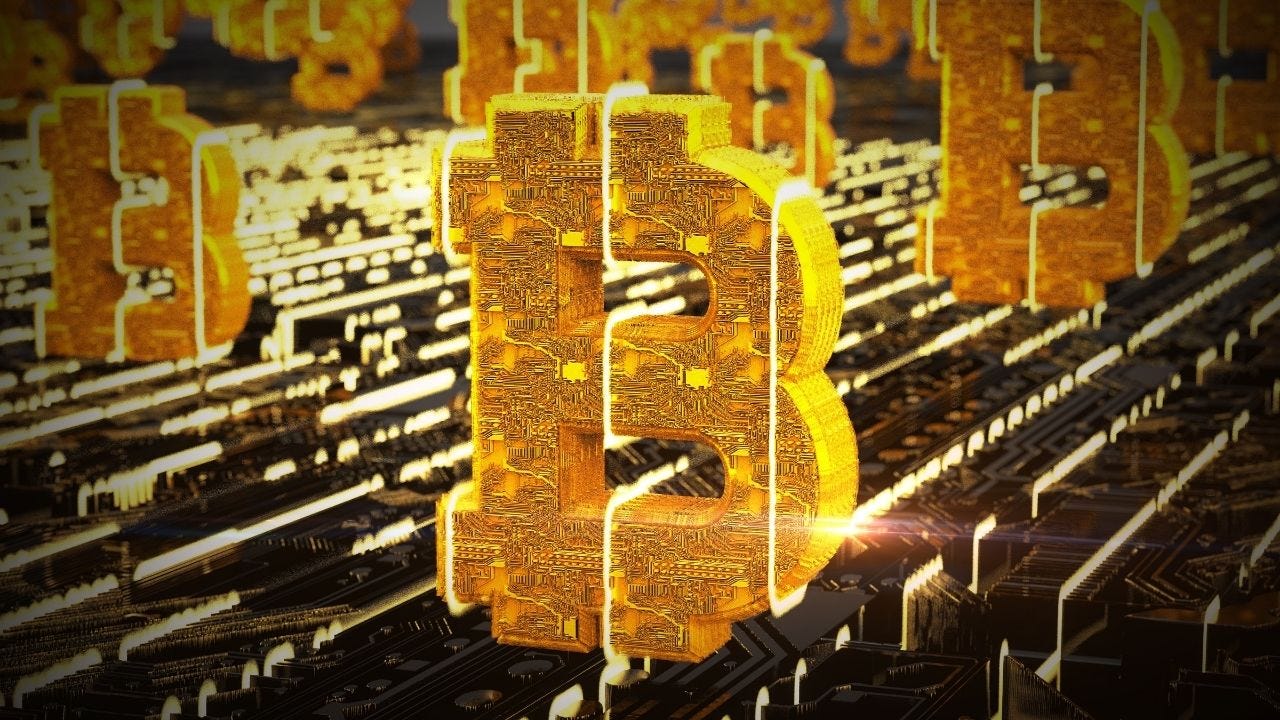You can’t change Bitcoin, and that’s the whole point
Why Bitcoin’s resistance to change is its ultimate strength (and why Ethereum and Cardano keep bleeding out)
What if we told you that no one controls Bitcoin, not governments, not developers, not miners, not even Elon Musk?
What if we told you that changing Bitcoin is harder than changing the rules of chess or rewriting the English language?
This isn't just idealism. It's reality, and it’s the very reason why Bitcoin remains the most secure, decentralised, and immutable digital asset in the world. In today’s post, we want to explore how Bitcoin consensus works, why change is nearly impossible, and why that’s exactly how it should be if you want your money to be sound, stable, and globally trusted.
🧬 Bitcoin as a living language
Let’s start with a metaphor.
Think about the English language. You might try to invent a slang word like “Rizzler” or “Gibbid” and use it with your friends. Maybe it catches on locally. But can you force it into the dictionary? Into every school? Every culture? Every generation?
Of course not. The English language is governed by social consensus, not top-down control.
Bitcoin works the same way.
♟️ Bitcoin is the chessboard, not a piece you can move
Imagine trying to change the rules of chess. You want to start with two queens or add a joker. Good luck. Even if you convince a few people to play your version, the global consensus around chess will ignore you.
Bitcoin operates on the same principle: it’s a voluntary game with rules that no single player can rewrite. It’s a public, opt-in network where you either play by the rules, or you’re out.
⛏️ Who participates in Bitcoin consensus?
The answer: basically everyone who touches Bitcoin. That includes:
Bitcoin node operators (who verify every transaction).
Miners and mining pools.
Developers (Bitcoin Core, Bitcoin Knots).
Exchanges (Coinbase, Binance, etc.).
Wallet makers (hardware & software).
Lightning Network participants.
Merchants who accept BTC.
Large holders (whales, corporations like Strategy, even governments).
Everyday Bitcoiners and HODLers.
Bitcoin is like a massive orchestra, and no one has a conductor’s baton.
🔒 What happens when someone tries to change Bitcoin?
Let’s say a group of miners decides to increase the block size to 8MB. Sounds simple?
Not so fast.
Exchanges might reject the new blocks.
Nodes might refuse to add them to their ledgers.
Users won’t trust them.
Miners lose money if their blocks are rejected.
That’s what happened with Roger Ver and the Bcash (BCH) fork. He wanted bigger blocks, launched a split, and let the market decide. Spoiler: the market chose Bitcoin.
Today, BTC has a market cap that is substantially higher than Bcash.
🤯 There’s no “change request” form for Bitcoin
And that’s by design. If there were a clearly defined path to change Bitcoin, like a committee vote, then hostile actors could exploit it. They could force through inflation, surveillance, or centralisation.
Bitcoin’s very strength lies in its stubbornness.
It doesn’t change easily. In fact, unless there’s an existential threat (like quantum computing), Bitcoin’s code mostly just receives minor updates for OS compatibility and bug fixes, phenomenon called ossification.
🏗️ Bitcoin is becoming digital stone
Ethereum forks all the time. Cardano does too. But Bitcoin? Bitcoin is settling. Hardening. Becoming digital granite, not digital Play-Doh.
And this is exactly why it’s winning.
You don’t want your money changing every month. You don’t want interest rates, monetary policy, or total supply being rewritten by the whims of one node (ahem, the Federal Reserve).
You want your money to be like gold. Or better yet, like Bitcoin: programmable, decentralised, incorruptible, and unchanging.
🚀 So how do you propose a change to Bitcoin?
Short answer: You can’t force it.
Long answer: If you want a change, you’ll need to:
Be smart.
Be respectful.
Make a compelling case.
Win over miners, nodes, exchanges, devs, users, and more.
And even if you do all that, it still might not happen. Because that’s how real decentralised consensus works.
💡 Final thought: Bitcoin wasn’t hijacked, it just said “no”
No one hijacked Bitcoin. It’s not controlled. It’s not corrupted. It’s just really, really hard to change, and that’s what makes it the hardest money humanity has ever created.
If you enjoyed this article please hit ❤️, or share it with a friend. Thanks for reading.



You can't change Bitcoin, Bitcoin changes you.